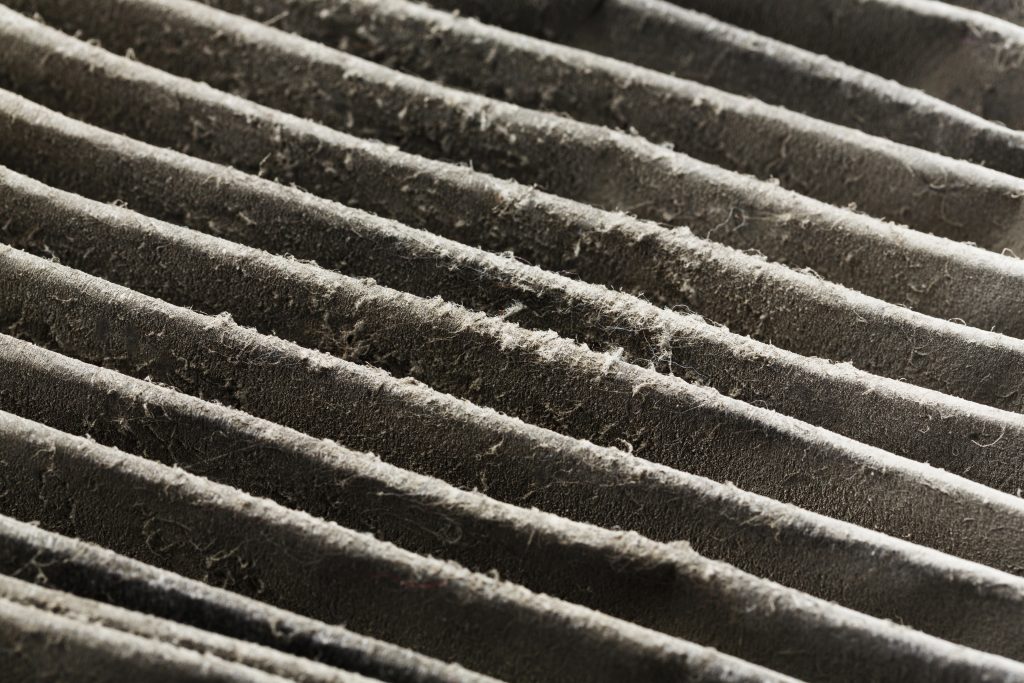The summer months in Texas, are hot, long, uncomfortable, and predominantly cloudy. Besides the heat, humidity is a primary concern in the city, but people do not pay much attention to it when they are inside their homes, thinking the air they are breathing is pure and fresh. Though the temperature may dip during the night, a muggy day is often followed by a damp, humid night. In fact, Northwest Houston experiences damp weather from mid-April to the middle of November. If you live here, you should know that the humidity does not only make you feel uncomfortable but also affects your home’s indoor air quality and family’s health. Therefore, it is just as important to assess the quality of air and ask an AC repair technician in Houston to check your HVAC system as well as the existing ductwork in your home. Here are three reasons why you should take indoor air quality seriously:
- Inadequate Ventilation
According to the Environmental Protection Agency (EPA), indoor air pollutants are among the top five ecological hazards. Though modern homes are energy-efficient, they lack sufficient ventilation, thus trapping most of the indoor air contaminants, affecting your home and family. Based on the findings of the EPA, an average US homeowner spends approximately 90 percent of his or her time inside. It means that you breathe 15,000 plus quarts of air from contaminant sources when climatic conditions are normal. The indoor pollutants releasing harmful particles and gases are one of the primary reasons for poor air quality problems in your home. Inadequate ventilation may increase the pollution levels in your home, resulting in unhealthy, stale air inside the rooms. Increased humidity and higher temperatures may also add to the existing air pollutants in your home.
- Mold and Mildew Infestation
Mildew, fungi, and mold are the most harmful pollutants breeding in humid conditions, contaminating your home. Though the infestation starts in your bathrooms and basement, it quickly spreads to the other areas of your home if the humidity levels are high. The health concerns include wheezing, breathlessness, nasal congestion, and skin irritation. Studies have also proved that mold development also affects children’s health, causing illnesses such as asthma. You can fight mold by controlling the humidity. Ensure that you keep the moisture level below 60 percent by using your AC, dehumidifier, or a fan to keep the air dry. When it comes to a dehumidification system, they come with modern HVAC systems as an additional feature to help you set the ideal humidity level in your home. We recommend that you maintain an average moisture level of 30 percent to 50 percent in your rooms.
Make sure that you use your heating and cooling unit regularly to keep your home dry and comfortable during the hot summer months.
- Health Concerns
Stale and polluted indoor air affects your family’s health. The common symptoms include eye irritation, tiredness, headaches, strep throat, lung infections, and nose irritation. Remember that kids and seniors are more vulnerable to such health issues than young adults. The number of children who have asthma and are prone to different types of allergies is increasing every year. Though polluted air may not directly lead to serious health issues like acute asthma, it is a significant contributing factor. Research also suggests that poor indoor air may have a detrimental effect on an individual’s ability to do mental assignments that call for calculation, focus, or remembering things.
Both high and low humidity levels damage your home and health. Therefore, ask a professional AC repair technician from Air National Texas to inspect your HVAC system to ensure that it is aptly sized and functioning efficiently to get rid of any excess humidity. They will also check the cooling unit for leaks and normal air circulation in all the rooms to be sure the system is working properly.



